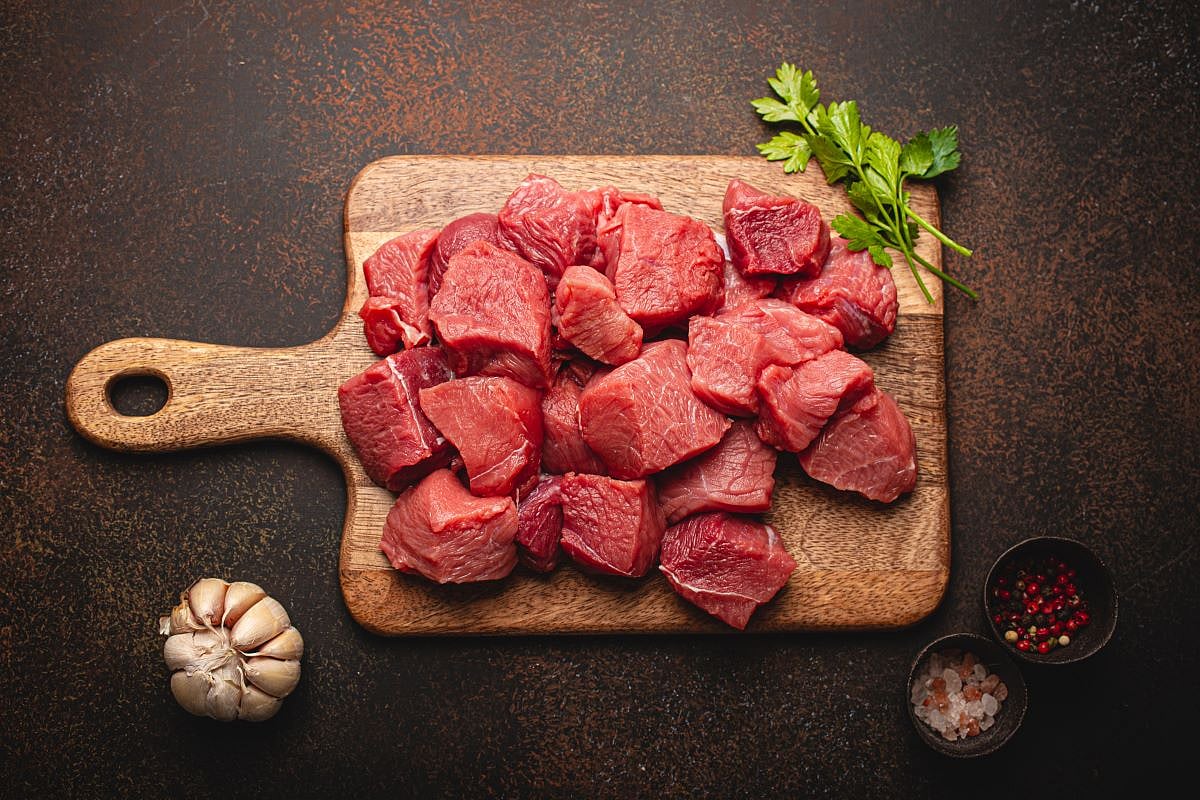Get Healthy!

- Dennis Thompson
- Posted August 13, 2024
Why Red Meat May Be Especially Linked to Diabetes Risk
Red meat contains a type of iron that could increase a person's risk of type 2 diabetes, a new study warns.
People who ate the most foods high in heme iron -- red meat and other animal products, mainly -- had a 26% higher risk of type 2 diabetes than those who ate the least, researchers reported Aug. 13 in the journal Nature Metabolism.
In fact, heme iron accounted for more than half of the type 2 diabetes risk associated with unprocessed red meat, researchers found.
But non-heme iron, which is found in plant-based foods, had no link at all with type 2 diabetes, results show.
“This study underscores the importance of healthy dietary choices in diabetes prevention,†said researcher Frank Hu, a professor of nutrition and epidemiology at the Harvard T.H. Chan School of Public Health in Boston.
“Reducing heme iron intake, particularly from red meat, and adopting a more plant-based diet can be effective strategies in lowering diabetes risk,†Hu added in a Harvard news release.
Heme iron comes from hemoglobin, a blood protein that facilitates the transport of oxygen in red blood cells. It’s commonly found in meat, poultry and seafood, and is more easily absorbed by the body than non-heme iron.
For the study, researchers assessed the link between iron intake and type 2 diabetes using 36 years of dietary reports from more than 206,000 health professionals enrolled in two long-term research projects.
They also analyzed the blood of more than 37,500 people to figure out how iron might be increasing diabetes risk.
Heme iron was associated with a wide array of blood biomarkers associated with type 2 diabetes, results showed.
The research team also identified a dozen blood metabolites that might play a role in the link between heme iron intake and type 2 diabetes risk, researchers said.
These findings raise concerns about the addition of heme iron to plant-based meat alternatives to enhance their meaty flavor and appearance, the researchers said.
More information
The Cleveland Clinic has more about dietary iron.
SOURCE: Harvard T.H. Chan School of Public Health, news release, Aug. 13, 2024
